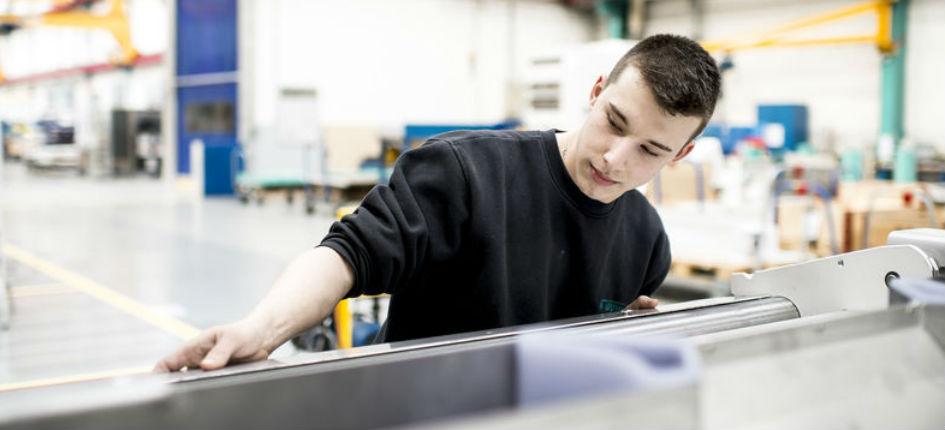With its so-called “import substitution program”, the government in Moscow intends to generate new know-how and capacities in strategically important industries and thus replace imports from abroad. The public purse and companies in which the state has a share will now buy “made in Russia” products exclusively. Foreign companies will only play a role in procurements if they are able to present either a special investment contract, an expert report or a certificate of origin for the goods.
Requirements get tougher
While the automotive industry has so far been pretty high up the program’s priority list, the new decree expands the import substitution regulations to include product groups like measuring devices, elevators, electrical radio devices and telecommunications equipment. Industry-specific localization requirements are also being toughened up, affecting primarily the automotive industry, machine tool builders, equipment suppliers for the oil and gas industry and manufacturers of medical technology and pharmaceuticals.
Business opportunities in spite of restrictions
Meanwhile, Russia is not only confronting foreign investors with limitations, but also luring them with promotional tools such as the special investment contract. Under the premise of market access, the Ministry of Industry is offering the possibility of unchanged legal terms for ten years, tax discounts and access to public calls for tender in return for local production. To take advantage of this, foreign companies have to make investments, localize a specific proportion of their production and ensure the transfer of technology.
Switzerland Global Enterprise and the Swiss Business Hub Russia are helping interested companies adopt the right approach when dealing with the programs and regulations. The heightened regulations may bring many restrictions, but they also open up business opportunities.
Meet our Russia experts on June 18, 20, 21 or 22 at the country consultation days in Zurich. Register now for a free consultation session.







